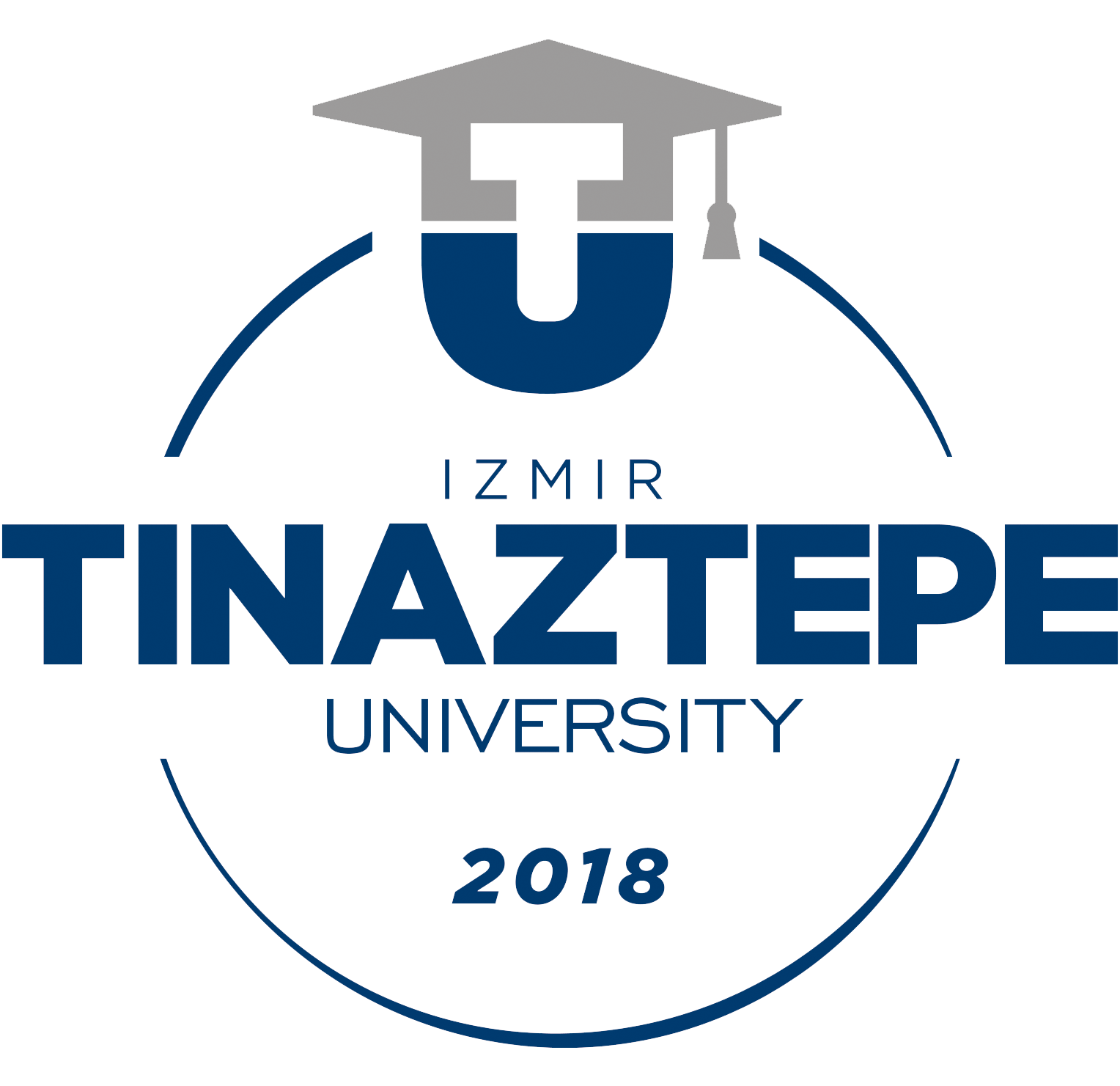
About Erasmus+ Program
What is the Erasmus Program?
The Erasmus Program is a European Union initiative designed to encourage cooperation between higher education institutions. It provides non-repayable financial support for institutions to develop and implement joint projects, as well as to enable short-term student and staff exchanges. The main goal of the program is to enhance the quality of higher education in Europe and strengthen its European dimension, while also promoting international cooperation among universities and facilitating the exchange of students and academics.
Under the Erasmus+ Program, institutions provide their students and staff with financial support that varies depending on the destination country. However, Erasmus+ is not a scholarship program!
Additional Grant Support
Disadvantaged participants may be provided with Additional Grant Support on top of the regular grant they are entitled to. A disadvantaged participant is defined as an individual who is economically and socially disadvantaged and falls under one of the following subcategories:
- Those subject to Law No. 2828 (individuals under protection, care, or shelter orders issued by the Ministry of Family and Social Services in accordance with Law No. 2828)
- Students under protection, care, or shelter orders issued under the Child Protection Law No. 5395
- Students who receive an orphan’s pension due to the absence of income from the other parent
- Children of martyrs/war veterans
- Students or their families who receive a subsistence pension (a document proving that the student, their parents, or legal guardian receives financial aid at the time of their Erasmus application from municipalities, public institutions, or organizations such as Ministries, Social Assistance and Solidarity Foundations, General Directorate of Foundations, Turkish Red Crescent, AFAD, etc., will be sufficient)
- Students with disabilities
- Students whose parent or legal guardian receives a disability or subsistence pension under Law No. 2022 dated 01.07.1976 concerning pensions granted to impoverished, powerless, and destitute Turkish citizens aged 65 and over, as well as to disabled and impoverished Turkish citizens
Scholarships such as those from the Credit and Dormitories Institution (KYK), other merit-based scholarships, achievement grants, or one-time financial aids are not considered within this scope. Students who fall under the categories above, upon request and with proper documentation, may be eligible for Additional Grant Support in the amounts specified according to the type of mobility.
What Does Erasmus Bring to Students?
In line with the ECHE principles, higher education institutions must promote environmentally friendly practices in all activities related to the Program. This includes encouraging the use of sustainable means of transportation during mobility, replacing paper-based administration with digital processes in line with the European Student Card Initiative standards, and taking greener steps when organizing Erasmus+-related events, conferences, and meetings.
Higher education institutions should also promote and encourage opportunities such as green travel to help reduce carbon emissions generated by student and staff mobility and to minimize the environmental footprint of mobility activities.
Would you like me to also prepare a shortened, student-friendly version of this translation for your website or brochure? That way you’d have both an official/formal version and a more accessible one for international students.
